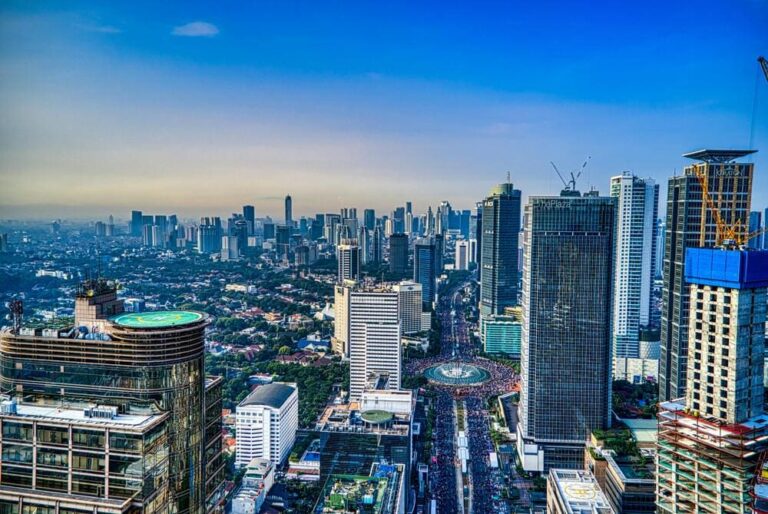- PT PMA (Penanaman Modal Asing): A Foreign Investment Company is the most common legal structure for foreign nationals. This entity allows full or partial foreign ownership and is typically used for businesses in the tourism and hospitality sectors. However, the percentage of foreign ownership may vary depending on the specific industry, and this is regulated under Indonesia’s Negative Investment List (Daftar Negatif Investasi).
- Local PT: Another option is to set up a local company in partnership with an Indonesian citizen. In this structure, foreigners are not permitted to own shares directly, making it less favorable for those wanting full control of their business.
Choosing the right structure is crucial, as it determines your rights, obligations, and the flexibility of your operations. Consulting with a legal expert is recommended to ensure that your business is compliant with the latest investment laws.
- NIB (Nomor Induk Berusaha): This Business Identification Number is mandatory for all businesses in Indonesia and serves as proof that your company is registered with the government. It can be obtained through Indonesia’s Online Single Submission (OSS) system.
- TDUP (Tanda Daftar Usaha Pariwisata): This tourism business license is specific to businesses operating in the hospitality and tourism industry, including surf camps. It ensures that your surf camp complies with tourism standards and is authorized to offer accommodations, lessons, and other related services.
- IMB (Izin Mendirikan Bangunan): If you plan to build or renovate any structures for your surf camp, you will need a Building Permit to ensure that the development adheres to local regulations and zoning laws.
- Environmental Permit: Depending on the location of your surf camp, you may need to obtain an environmental permit. This is particularly relevant if your camp is near the coastline or in a protected area, as Bali has strict environmental laws to protect its natural resources.
It is advisable to work with local authorities or hire a business consultant familiar with Balinese regulations to streamline this process.
- Community Engagement: Establishing a good relationship with the local community is essential for the long-term success of your business. Hiring local staff, respecting local customs, and contributing to the community’s economic development can enhance your business’s reputation and sustainability.
- Environmental Responsibility: Surf camps often operate in environmentally fragile coastal areas, so complying with environmental regulations is critical. This includes waste management, water conservation, and ensuring that your business operations do not harm marine life or contribute to beach erosion.







